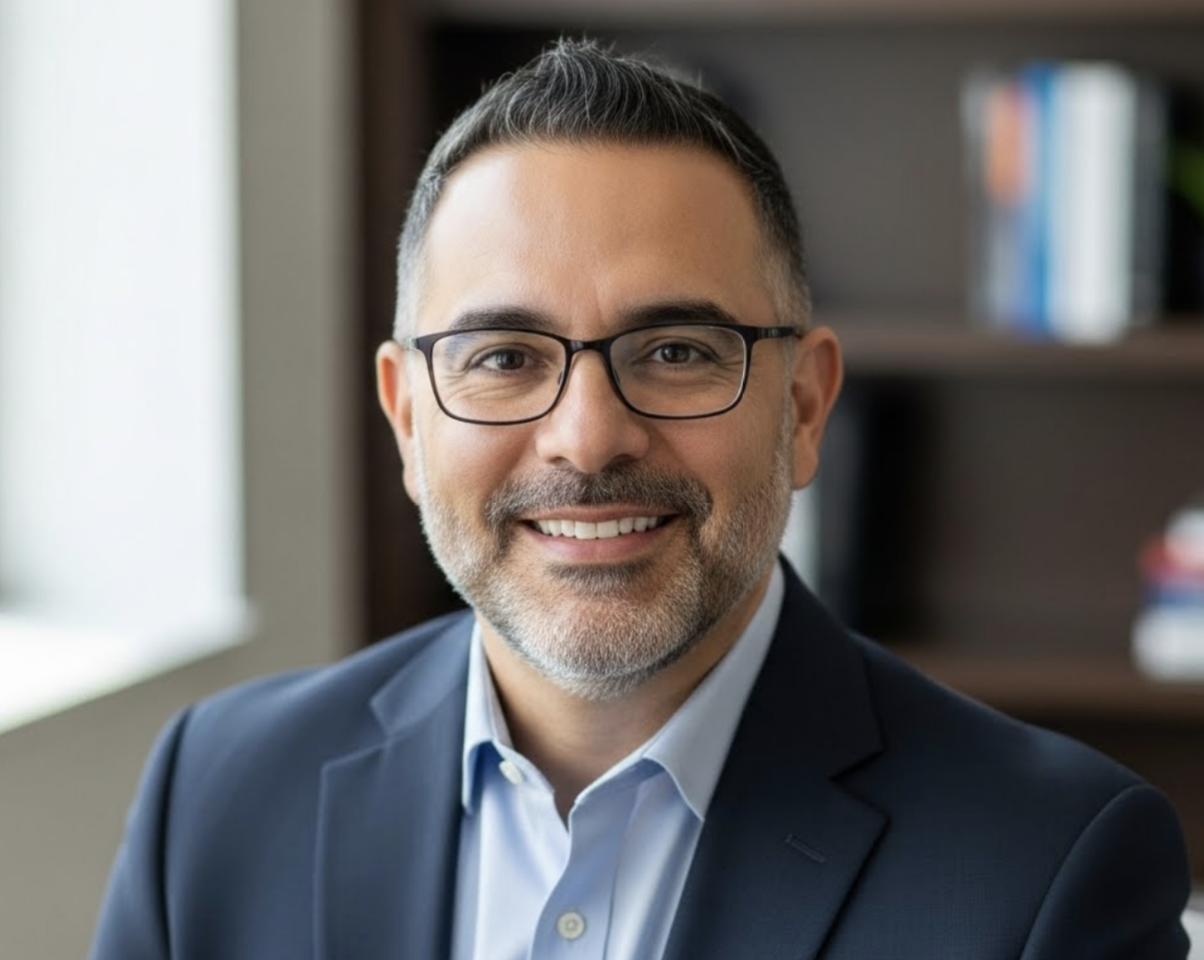Yes, scholarships and grants exist to help pay for drug rehab, but they’re limited and highly competitive. Most come from treatment facilities themselves, non-profit organizations, or government-funded programs. For many patients, Medicare, Medicaid, or state-run facilities may offer better alternatives.
If you’re an addiction counselor or walking down that path, you already know the substantial cost of treating substance use disorders. Beating addiction requires medication, counseling, healthcare, and sometimes inpatient therapy stays. It’s not free, and it’s not cheap.
There’s a good chance you’re here because you’ve seen the financial barriers that keep people from getting help. Maybe you’ve worked with clients who couldn’t afford treatment, or you’re navigating the system yourself. According to the American Medical Association and the American Society of Addiction Medicine, 90 percent of people who need substance abuse treatment don’t get it.
For many, the major obstacle is cost. But a trend inspired by higher education funding may help you or your clients past that barrier: drug rehab scholarships.
How Much Does Substance Abuse Treatment Cost?
According to the National Center for Drug Abuse Statistics (NCDAS), as of 2023, the average cost of drug rehabilitation per patient is $13,475. The least expensive medical detox program costs nearly $2,000 but lacks the support that’s often critical to success.
The cheapest in-patient rehab programs cost $6,000 per month, and even outpatient treatment is $5,000 for three months of counseling.
But even that can undersell the total financial burden for different types of addiction and therapies. Methadone treatment, for example, can by itself run to over $12,000 per episode. Adult residential stays are typically close to $10,000. As programs rise up the quality ladder, some people end up paying close to $20,000 for a 30-day inpatient stay.
For anyone on the lower end of the socioeconomic spectrum, where addictions hit hardest, those numbers might as well be the cost of landing on the moon.
Add to that the fact that most people will require at least two and often as many as five attempts at recovery before experiencing remission, and the scale of the financial wall between them and help becomes clear.
Even For Patients Who Don’t Pay the Full Tab, Costs Can Be Steep
For those who get into the system, social services and government programs can cover many of the infrastructure and organizational costs. The total national cost of detox was estimated at $8.6 billion in a 2016 study, spread across hundreds of thousands of individuals receiving treatment each year.
While the direct costs of substance abuse treatment can seem astronomical, the cost of leaving addictions untreated would be utterly devastating to society.
Individuals and families are fortunate that they don’t have to come up with all of that out of pocket. In some cases, their insurance will cover some of the cost. But that can still leave many thousands of dollars in outstanding debts to therapists and treatment facilities.
Scholarships can help them recover from addiction without becoming crippled by financial hardship.
How Do Scholarships for Substance Abuse Treatment Work?

The concept of a drug rehab scholarship is straightforward for anyone familiar with scholarships in general: it’s an award of a certain amount of money, made to individuals in need of addiction treatment services, to help pay for those services.
Like college scholarships, there are different origins, qualifications, and amounts for substance abuse treatment scholarships. The organization or agency that grants the scholarship gets to decide factors such as:
- What sort of addictions can it cover
- What kind of services can it be applied toward
- The ethnic, financial, experiential, and other personal details of individuals who are eligible
- In what form is the money granted in
- What is the timeline for applying for and receiving the funds
In general, the process to receive one of these grants is to:
- Search for opportunities for which you or your client may be eligible
- Fill out and submit applications for the scholarship (this may include submitting proof of financial status, letters of recommendation, or essays alongside basic personal information)
- Wait to see if the scholarship is awarded
- Apply the funding toward treatment programs
Scholarships are almost always needs-based, and may require that you demonstrate you’ve exhausted your other treatment financing options, have been seeking treatment for a certain amount of time, or pledge to remain in a program for a certain period.
For obvious reasons, drug rehab scholarship grants are almost always made directly to treatment facilities rather than to the recipient. So there may be additional coordination and paperwork required to ensure the money is applied to the proper account.
Addiction Counselors Have an Inside Track in Looking for Drug Rehab Scholarships
If you’re a counselor looking for scholarship awards for clients, you’re likely interested in finding options that will help pay for your own services.
You have the advantage of coming at your search from a calmer, more knowledgeable place. In fact, a degree in addiction counseling will equip you with coursework that examines the country’s human services system and goes into detail about how bills are paid.
So you’ll have a stronger idea of the options, restrictions, and availability of scholarship programs that can serve both you and your clients, starting with understanding who grants those scholarships in the first place.
Where Can I Find Drug Rehab Scholarships?

While the federal government may be the biggest single source of scholarship grants for college tuition, it isn’t a significant player in drug rehab scholarships.
Instead, the most common source of scholarship funding in substance abuse treatment is from individual treatment facilities themselves. In keeping with the larger mission of rehabilitation, even for-profit clinics may offer means-tested scholarship awards to some patients.
Other scholarships for addiction therapy are awarded by non-profit organizations. In turn, many of those groups are funded by government grants, such as the Substance Abuse Prevention and Treatment Block Grant from SAMHSA (Substance Abuse and Mental Health Services Administration).
You’re more likely to find these kinds of scholarships offered for inpatient therapy. Since inpatient stays are more expensive, there’s a greater need for financial assistance. Individuals in outpatient treatment may have more luck finding programs within their budget or that are subsidized in the first place.
How Much Treatment Do Grants and Scholarships for Addiction Therapy Cover?
Scholarships are awarded across a wide range of values, and addiction therapies similarly exist at many different price points. So it’s not a stretch to say that a grant or scholarship for addiction treatment could cover the full cost of some therapies.
Typically, those aren’t going to be at the high end of the market, though. Since scholarships are aimed at people with few other options, the priority is on getting them the most essential treatment, not the cushier options like acupuncture, massage therapy, or high-end accommodations.
The Challenges in Finding Scholarships for Substance Abuse Treatment
Because of the nature of grants and funding sources, these types of scholarships tend to come and go. That makes them hard to find online, since information is often outdated.
Many organizations that once offered scholarships are now pulling back, given a much tighter fundraising environment. The Clean Cause Foundation, for example, which once offered dedicated recovery housing scholarships to individuals, has redirected its efforts to support recovery homes instead.
An innovative non-profit called 10,000 Beds offers a scholarship that pays for bed space at inpatient treatment partners nationwide, but found so much demand that it stopped accepting applicants in mid-2024 and is working through the waitlist today.
This is an area where local knowledge is paramount, which gives well-trained addiction counselors an edge. You’ll have the expertise to evaluate programs and clients. You’ll also have the connections to know where opportunities are available.
Other Options Beyond Scholarships and Grants for Financial Assistance
If scholarships covering drug rehab are hard to find and highly competitive to receive, patients should know they aren’t the only option for financial assistance.
Frequently, patients in such dire financial straits qualify for Medicare or Medicaid assistance in rehab. Addiction counselors have extensive experience working with the system and may be able to point clients toward resources to enroll in those programs.
State-run facilities often offer free treatment. Qualified addiction counselors have local knowledge of the human services landscape in their area.
And no one has given up the fight on the non-profit front, either. Funding is still flowing to treatment, even if it’s not through direct scholarships. In fact, in some cases, such as with the Clean Cause scholarships, the funding that was going to individuals has simply been redirected to the same organizations it would have ended up with anyway.
Although your patients won’t see it as a direct contribution to their treatment, it will still lower the total therapy costs.
Frequently Asked Questions
Do drug rehab scholarships really exist?
How much do drug rehab scholarships typically cover?
Who is eligible for addiction treatment scholarships?
How do I apply for a drug rehab scholarship?
Can addiction counselors help me find rehab scholarships?
What are alternatives if I can’t find a scholarship?
Key Takeaways
- Drug rehab scholarships exist but are limited, competitive, and frequently change as funding sources shift. Most come from treatment facilities, non-profits, or government-funded programs.
- Average addiction treatment costs $13,475, with inpatient programs ranging from $6,000 to $20,000+ per month. These costs create major barriers for people seeking help.
- Addiction counselors have valuable insider knowledge of scholarship availability, eligibility requirements, and local resources to help clients navigate the financial assistance landscape.
- Medicare, Medicaid, and state-run facilities often provide better alternatives to scholarships for patients in financial need, offering free or subsidized treatment.
- Scholarship grants are typically paid directly to treatment facilities, require proof of financial hardship, and may include requirements like completing the program or exhausting other funding options first.
Considering a Career Helping Others Navigate Addiction Recovery?
Learn about the education requirements, certification process, and career paths in addiction counseling. Discover how you can make a real difference in the lives of those struggling with substance use disorders.
Scholarship availability and treatment costs change frequently. Always verify current programs directly with treatment facilities and organizations. Information about specific scholarships reflects status as of publication and may have changed. Consult with licensed healthcare professionals and financial advisors about treatment options appropriate for your situation.









